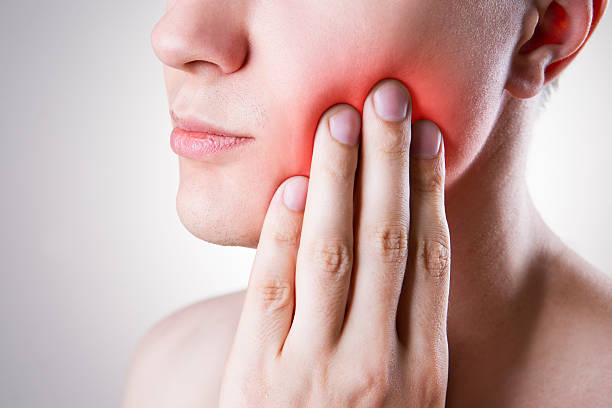


The dentist explained it right away: stress. If you ever see the best dentist in Deira about jaw pain or headaches.
When we think of stress, we usually picture racing thoughts, bad sleep, or a short temper. But stress doesn’t stop at the mind—it shows up in your mouth too. Strange as it sounds, jaw pain, bleeding gums, and even tooth sensitivity can all be linked to stress.
I’ve felt it myself. Once, during a chaotic workweek, I woke up with such a stiff jaw I thought something serious was wrong. My dentist explained in one word: stress. If you visit the best dentist in Deira with jaw pain or headaches, chances are they’ll ask about your stress levels.
Here’s how stress quietly affects your teeth and gums.
Grinding, or bruxism, often happens without you noticing. Sometimes it’s at your desk, jaw tight and teeth pressed. Other times it’s at night, and you only know because of morning soreness—or a partner hearing it.
Over time, grinding wears down enamel, leaving teeth sensitive to hot drinks, cold air, or even brushing. My dentist once said nearly half her patients grind without realizing it.
Grinding stresses the TMJ (temporomandibular joint). Constant tension leads to:
Pain when chewing
Clicking sounds when opening your mouth
Headaches around the temples
I blamed screen time for my headaches, but they were actually jaw-related. Stress tightens those muscles until pain spreads.
Stress weakens your immune system, making your gums an easy target for bacteria. Signs include:
Bleeding when brushing
Swelling or tenderness
Bad breath that doesn’t fade
Left untreated, gum disease can damage the bone around your teeth. The best dentist in Deira often says gums are one of the first places stress shows itself.
Stress sometimes sparks canker sores—small, painful ulcers. They’re not dangerous, but they sting with spicy or salty food. For me, they show up when I’m run-down. Usually, they heal in a week, but recurring sores deserve a mention at the dentist.
Stress often makes brushing and flossing feel like chores. You tell yourself, “I’ll do it tomorrow,” until days pass. That’s when plaque, sore gums, and bad breath take over.
I learned this the hard way in college. After exam season, I needed an extra-deep cleaning—all because stress made me skip the basics.
Stress and anxiety can dry out your mouth. Saliva protects teeth by washing away bacteria. Without it, cavities form faster. So while dry mouth feels uncomfortable, it’s also a quiet risk for tooth decay.
Stress pushes us toward sugary snacks—cookies, chips, soda—rarely carrot sticks. Sugar feeds mouth bacteria, keeping teeth under attack.
I once grabbed soda daily during a stressful stretch. A few months later, I had tooth sensitivity I’d never experienced. My dentist traced it straight back to sugar and stress eating.
You can’t remove stress completely, but you can reduce its impact on your teeth. Small steps help:
Wear a night guard if you grind
Stick to brushing and flossing, even when tired
Drink plenty of water for dry mouth
Use stress relievers—walks, journaling, or short breaks
Visit your dentist regularly. If you’re in Dubai, the best dentist in Deira can catch early signs and protect your smile
1. How does stress affect teeth daily?
Through grinding, jaw pain, bleeding gums, dry mouth, and mouth sores.
2. Can stress cause gum disease?
Indirectly, yes. A weak immune system makes infections harder to fight.
3. How do I know if I grind at night?
Morning headaches, sore jaws, or visible wear on teeth.
4. Are stress-related mouth sores serious?
Most heal naturally, but recurring ones should be checked.
5. Where to find the best dentist in Deira?
Choose one who understands both dental health and stress links.
Stress doesn’t stay in your head—it shows in your teeth, gums, and jaw. From grinding to gum issues, your mouth reveals the pressure you’re under. The good news? With mindful habits and regular check-ups, you can protect your smile from stress.
